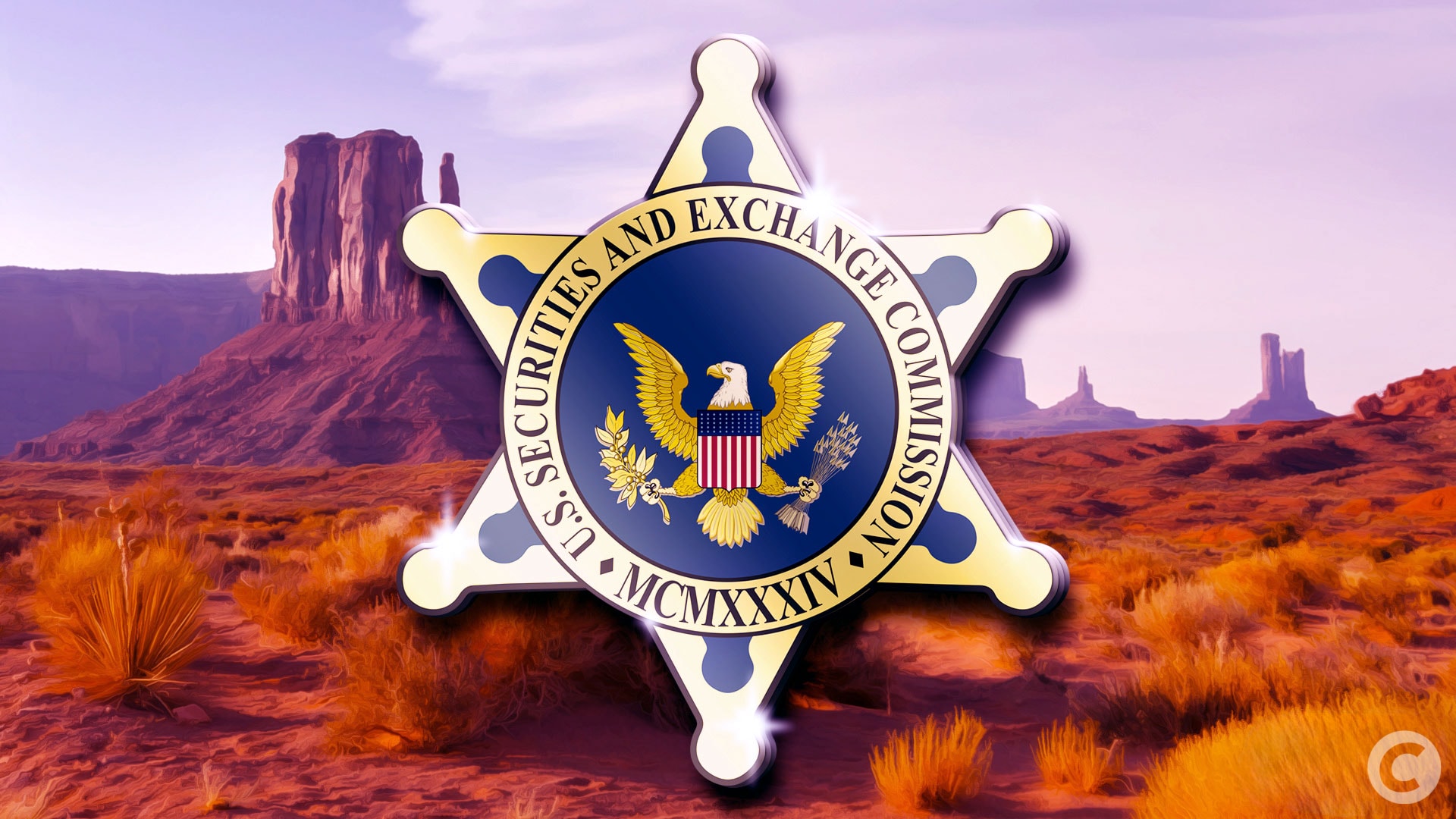The bank that takes the watermelon …. The Security and Exchange Commission (SEC) is waging a fierce war against cryptocurrencies. In 2022 she published Staff accounting bulletin No. 121 or SAB 121. This is a text which requires companies to include on their balance sheets assets held on behalf of clients.
Despite a recent attempt to repeal the text, President Joe Biden used his veto to thwart the attempt Senate and House of Representatives. However, in some cases, the SEC exempts certain companies from complying with this text. Recently, this was also the case with the bank BNY Mellon.
BNY Mellon exempted from SAB 121 by SEC
THE SAB 121implemented in 2022, requires companies to report cryptocurrencies held on behalf of clients on their balance sheet. The aim was to protect investors from the risk of bankruptcy. All while ensuring that platforms have clear responsibilities regarding security and fund management.
On paper, why not. However, in practice it is not so trivial. It actually caused it a difficult task for financial institutions that do not directly hold assets. For example, when he contractually assigns the safekeeping of funds to a specialized company.
But why bother when you can be set free?
On September 9, we learned through an SEC filing that BNY Mellon has obtained an exemption from respecting this text.

A breach opened by the SEC?
In practice, this means that if certain security and regulatory criteria are met, the bank does not have to show its clients’ cryptocurrencies as a liability on its balance sheet.
According to Paul Munter, the SEC’s chief accounting officer, the exemption is based on strong safeguards regarding asset safety. These assets are mainly kept in separate portfolios and are legally protected against the possible bankruptcy of the bank. BNY Mellon actually has 4.950 billion in assets under custody and 2.000 billion under management.
He also explained it each case must be considered individually.
This opens the door for other banks or financial institutions to have similar discussions with the SEC. BNY Mellon’s exemption could thus set a precedent for companies in the crypto ecosystem.
Unfortunately, it seems that banks and crypto companies are not on the same level. In fact, while the SEC granted an exemption to BNY Mellon, Consensys’ request to sue the SEC was denied.

